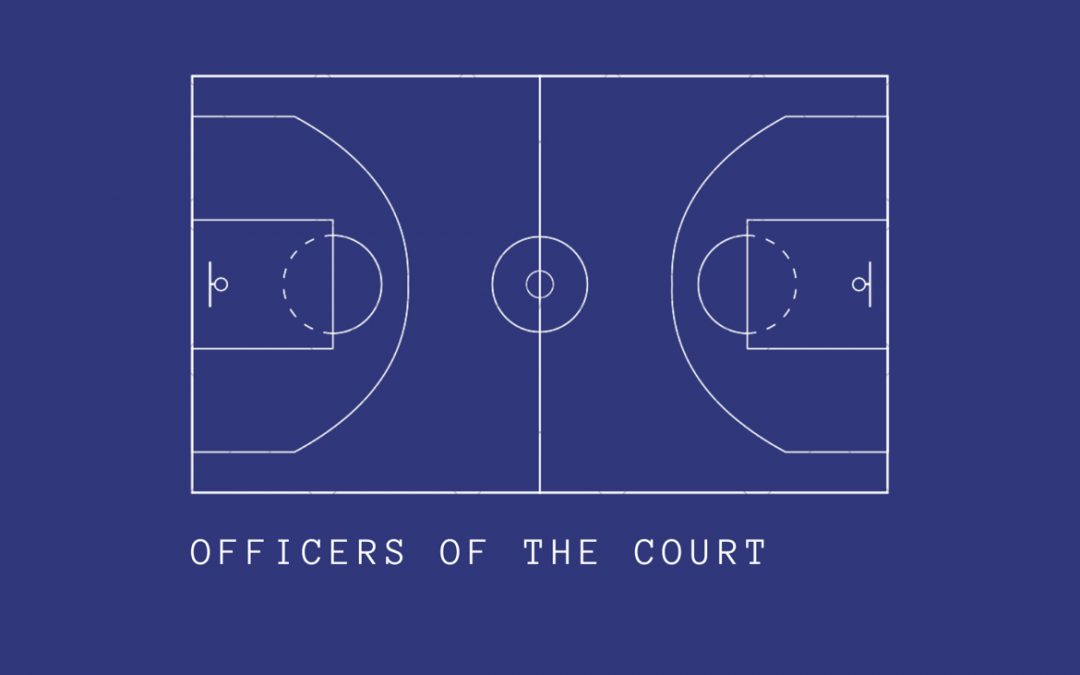Have you ever wondered what goes on behind the scenes when legal documents are served?
Join me on a fascinating journey (I promise!) as we delve into the world of process serving, an essential part of the legal system that ensures due process, the right to fair procedures and upholds justice.
1. Officers of the Court:
The summons server plays a crucial role in the legal system. Whether acting for Plaintiffs or Defendants, Claimants or Respondents the summons server must adopt a somewhat neutral position as an Officer of the Court acting under the authority of the Court. They must act fairly and transparently in carrying out their role.
2. The Art of Serving:
There are many challenges and hurdles to overcome when serving papers such as locating and approaching individuals, navigating potential conflicts and ensuring proper documentation of the service. An experienced summons server will have an array of tried and tested strategies and techniques to effectively deliver legal documents and will know when and where to use them.
3. Ensuring Due Process:
By securing the proper service of legal documents the summons server is effectively giving individuals the opportunity to respond to a claim or case, to present their case, or defend their rights in court. In this way their role directly contributes to maintaining a fair and impartial legal system.
4. Ethics and Professionalism:
Every move the Summons Server makes must be guided by strong ethics and professionalism. They must act with their clients reputation in mind and maintain principles of confidentiality at all times.
Process serving is an essential component of our legal system, bridging the gap between the courts and individuals involved in legal proceedings. Through the dedication and skill of process servers, justice is upheld and all have access to fair procedures as due process is served.

